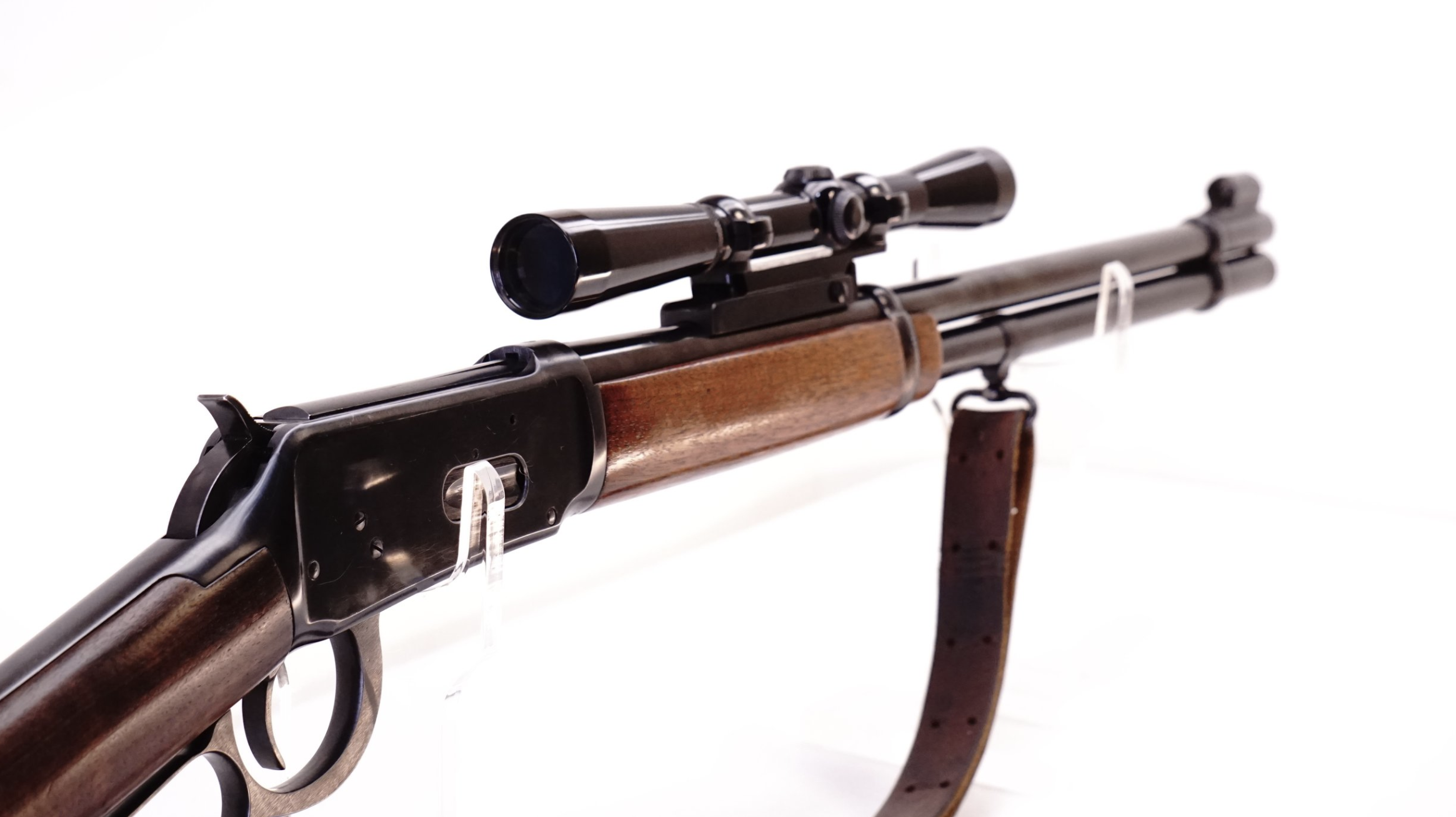To Drill and Tap or Not to Drill and Tap. That is the Question
Here a 1937 Savage 99 was drilled and tapped for the specific purpose of building a 1930’s era hunting rifle setup complete with redfield base, verticle split rings and Weaver 330c scope.
To drill and tap, or not to drill and tap that vintage rifle; that is the question. If Shakespeare had a vintage rifle that had never been drilled, you know he would have asked it.
We get the question here often. I always give folks the same answer. It is an answer from one of my college economics professors. It’s about utility. In the United States we are free to utilize the fruits of our labor in a remarkable number of ways, limited only by your imagination. That’s why we see people hoard money, hoard gold, hoard bricks of ammo and even toilet paper. Others hoard nothing. They spend every dime they make going to the lake every weekend or golfing or taking pilot lessons. This same principle holds true when we make the decision whether or not to drill and tap an old gun.
Drilling and tapping an old rifle that has never been drilled and tapped before does not necessarily negatively affect its utility. It affects its value. Drilling may decrease value but increase utility. Why? Because utility is everything that you get out of the “investment”. Here is an example. Let’s say I find a Savage 99 pre-war that has never been drilled for scope mounts. It’s the same rifle my grandfather used to shoot and I’m trying to re-create the same set up. Let’s say the value is $1000 in its current condition. Now let’s say that its value drilled and tapped is $750. If I tap it, I have destroyed $250 in economic value. Now let’s say my reason for drilling and tapping it was so that I could “utilize” it, or get more utility out of it (usage) because my intention is to put a period scope on the rifle and use it for hunting in an area (and perhaps with eyes) not conducive to iron sights. So, for the destruction of $250 in economic value, I get 20 years of enjoyment out of this rifle, take 20 whitetails and a couple of elk. And I do it with a rifle that reminds me of hunting with my grandpa. In economic terms you would say that I traded $250 of economic benefit for 20 year’s worth of utility that added value, probably in the thousands of dollars in meat in the freezer, hours of entertainment, and personal satisfaction. I have made a great investment in drilling and tapping. Just last week we received an email from a guy who completely gets this principle. Here is an excerpt from that well-written email:
“I have an old Remington 121 that has been in my family for a few generations. I recently took it out and after a good cleaning found it was in working order. It's the rifle I learned to shoot when I was a boy and I plan on giving it to my son one day when I teach him. I have been looking at it the past few weeks and thinking how fun it would be to get an old scope installed on it. Some people have told me that this will take away from the value of the gun but its value is not my concern I plan on keeping it in the family and I don't ever expect to sell it.”
Now, on the other hand, let’s change the scenario just a little bit. Buyer number two of the same rifle believes that he would rather invest in guns than mutual funds. He thinks that the value of Savage 99’s will increase fast enough to be a good investment for himself or his heirs. If this buyer drills and taps, he destroys economic value without adding utility. He should not drill and tap. It doesn’t make sense for him.
So you see, it is not always a sin to drill and tap a rifle. It is not always sacrilegious, it is not always dumb. It depends entirely upon your intentions and the principle of utility. I think the simplest way to remember this principle is to always ask yourself this question before drilling and tapping: “Am I turning this gun into cash or into fun?” God Bless America.
A normally iron sighted lever gun such as this 1957 Winchester Model 94 is a perfect candidate for an easy D&T utilizing an intermediate eye relief (scout scope) whether for the cool factor, or to keep aging eyes able to shoot the lever guns.
Lower valued 22’s such as this Savage are a prime candidate for D&T since the increase in utility is great, but the decrease in value is minimal.



